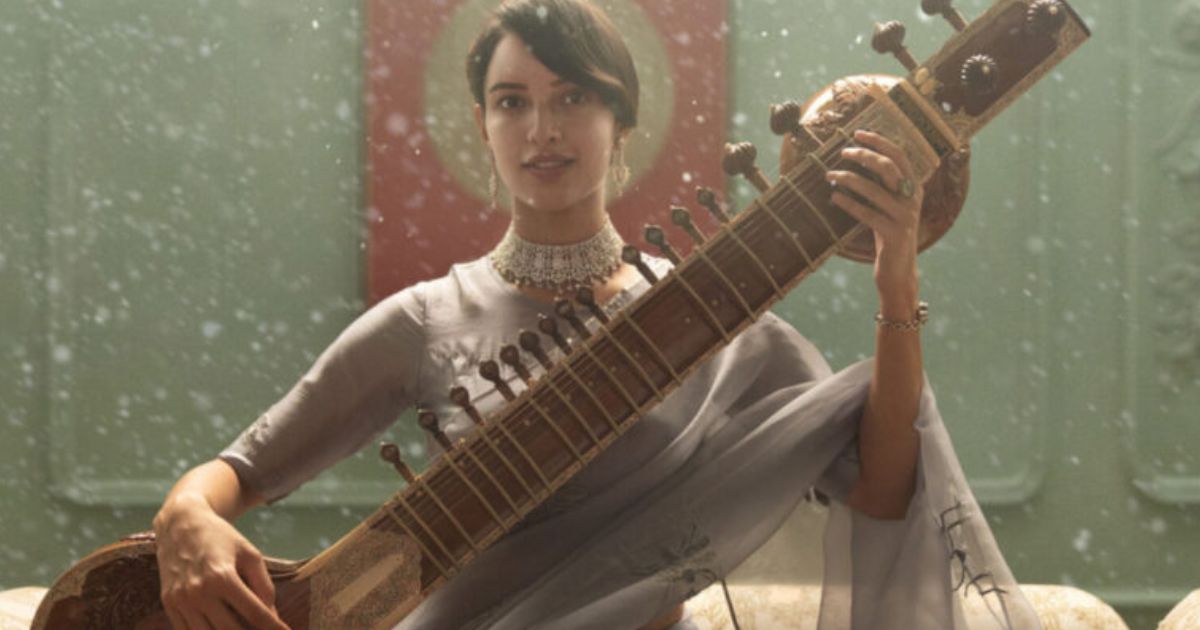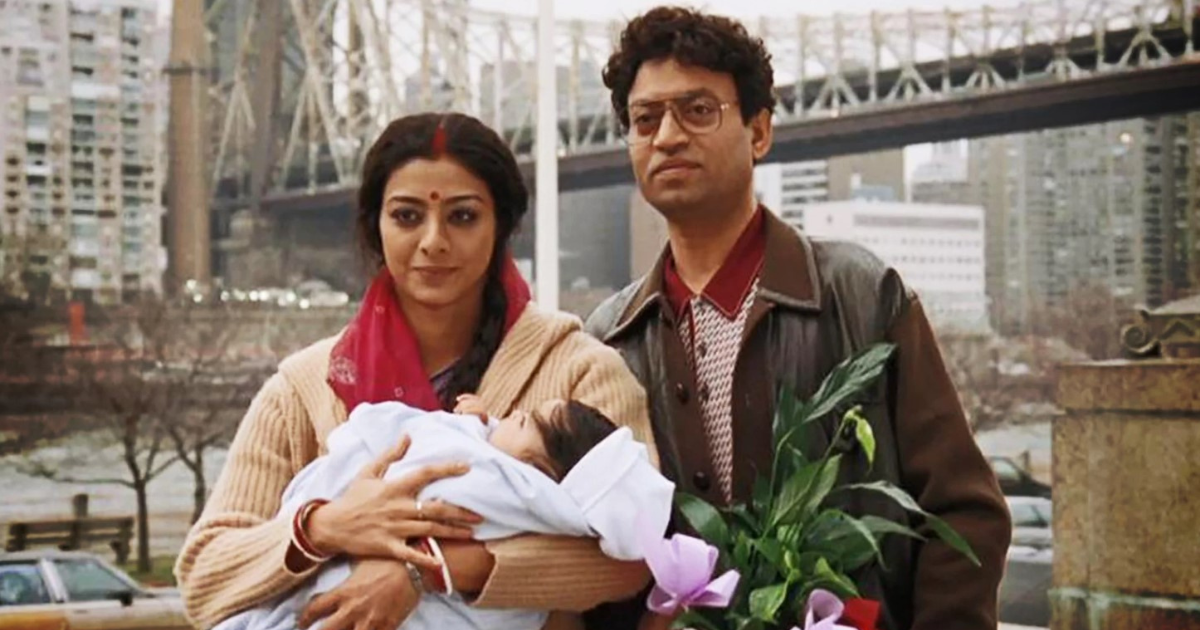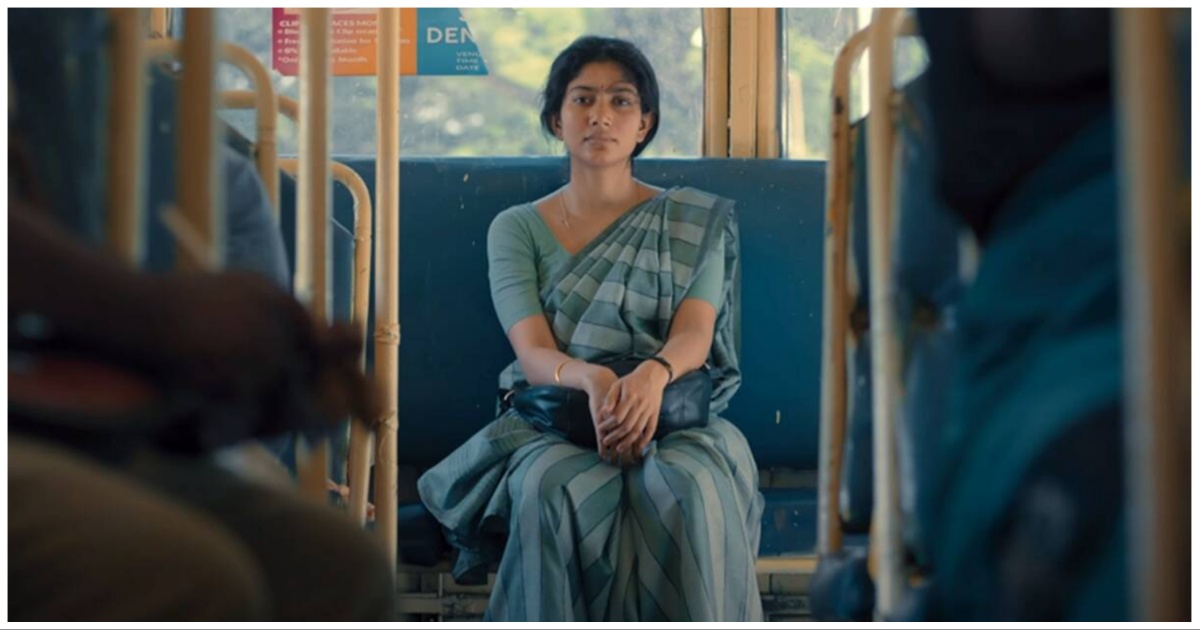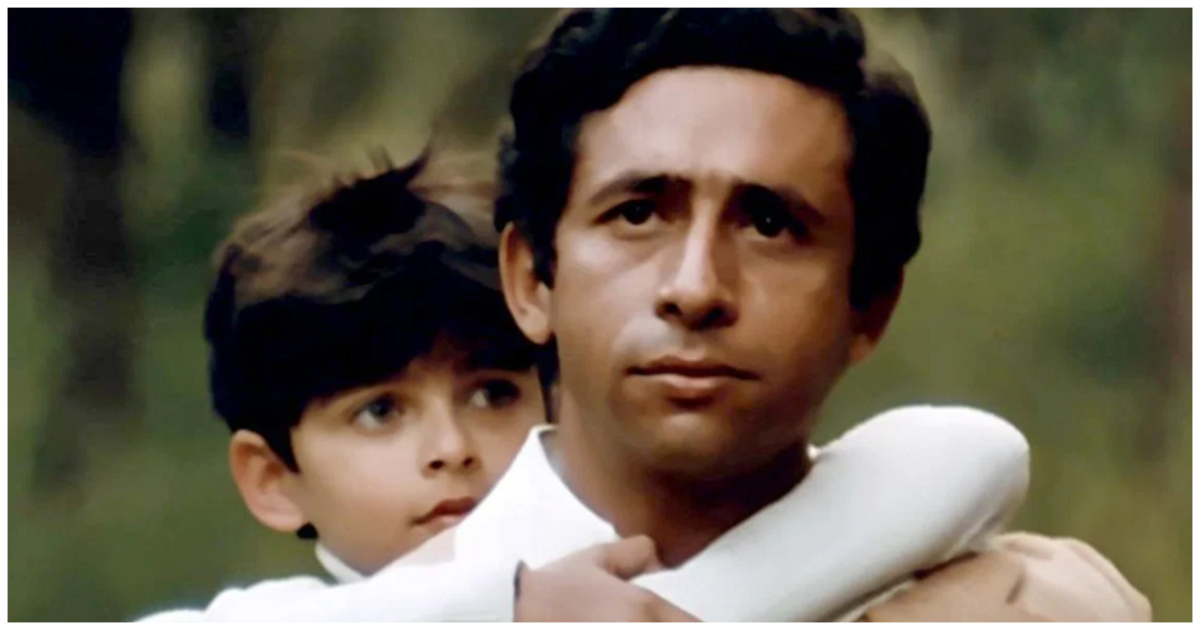I watched the trailer of Qala a few days before it released on Netflix. And I immediately knew I HAD to watch the film. Not only was the trailer intriguing, but I very much looked forward to what director Anvita Dutt would bring us after Bulbbul, with Triptii Dimri in the lead once again. So here is my review of Qala.
Qala’s music
I think the Hindi film industry was long due for a truly amazing album. After a string of remixes of hit Punjabi numbers, I was starting to feel that there is a certain vacuum. But Amit Trivedi has filled up that gap so well and reminded us that he is still very much in the game, and going strong. Heart-touching melodies with lyrics that will leave you wanting more is what this film’s soundtrack is all about.
Amitabh Bhattacharya, Swanand Kirkire, Kausar Munir, Anvita Dutt herself, and Varun Grover (who also has a small role in the film) have all written the lyrics to the various songs. Coupled with Trivedi’s skilful compositions, each of the songs contribute to the overall mood and emotions that the film is trying to depict.
My personal favourite is Shauq, which I have been obsessed with. Shahid Mallya’s vocals are the cherry on top of the cake.
The performances
First off, I would like to appreciate Babil Khan’s smart choice in choosing this role as his first. The film is clearly all about the lead character portrayed by Triptii Dimri. But Babil still manages to leave a deep impression with his toned-down, nuanced performance without the pressure of carrying the entire movie on his inexperienced shoulders. He is very much reminiscent of his father Irrfan Khan early in his career (think Salaam Bombay).
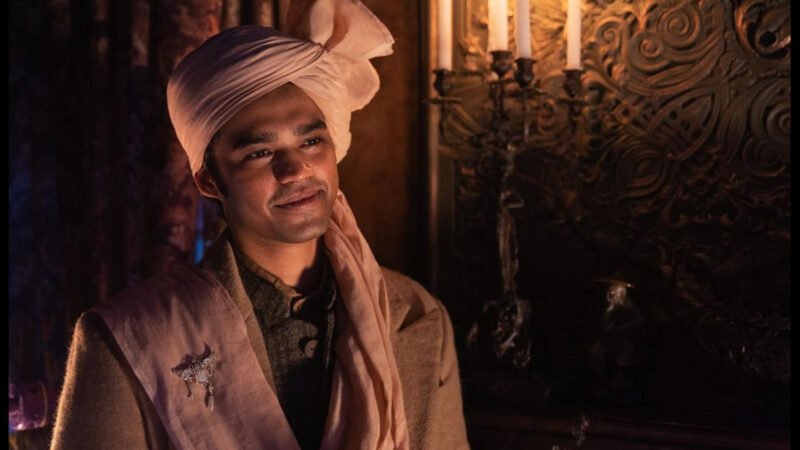
Triptii Dimri gives another stellar performance as the struggling singer in the 1940s, dealing with a whole range of mental health issues. The film is not too full of dialogues. But Dimri’s facial expressions, coupled with the foreboding background music and the stellar cinematography by Siddharth Divan, is what carries this film through. She captures very well the struggles that Qala is facing, and manages to portray the ‘shor’ that is going on inside her head.
Swastika Mukherjee as the hardened mother and taskmaster always leaves us sympathising with Qala. And Varun Grover as the under-appreciated lyricist named Majrooh (an ode to Majrooh Sultanpuri) has some of the most poignant lines in the film, according to me. His line, ‘Daur badlega, daur ki ye purani aadat hai,’ is definitely my favourite.
Qala’s plot
The film explores the deeply complex relationship that Qala has with her mother, and also with her art. But it has so many more nuances. Like Bulbbul, it also touches upon feminist themes. Mental health (especially women’s), sexism in the entertainment industry, and how far an artist is willing to go to achieve validation are some of the other important themes in the film.
I would not like to limit the genre of Qala by calling it a psychological thriller, because it is so much more emotional and deeper. The plot has a number of twists and turns, that will definitely leave you shocked or stunned.
Every frame has been designed like a work of art, a painting of sorts. And the entire art design is a reflection of what is going through Qala’s mind at that moment.
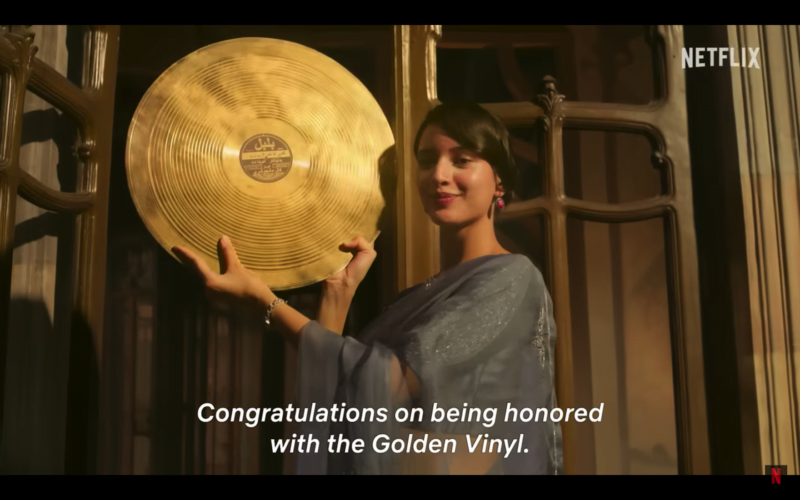
The only thing I felt that is missing is perhaps the other characters could have been explored a little more. Swastika Mukherjee’s Urmila is underused, and we never really get a clear picture of why she is the way she is. I wish the movie was a bit longer!
The verdict
Definitely, a must-watch. As the title says, I do believe that this is a masterpiece that comes once in every 10-15 years. Just when I thought the Hindi film industry has all but given up, it pulled me back in!
Anvita Dutt is almost creating a new genre of fantastical feminist plots, but totally backed by amazing performances, music, art direction, and cinematography. I am looking forward to her next film now.
Cast: Triptii Dimri, Swastika Mukherjee, Babil Khan, Amit Sial and Varun Grover
Director: Anvita Dutt
Music: Amit Trivedi
Qala is now streaming on Netflix.

